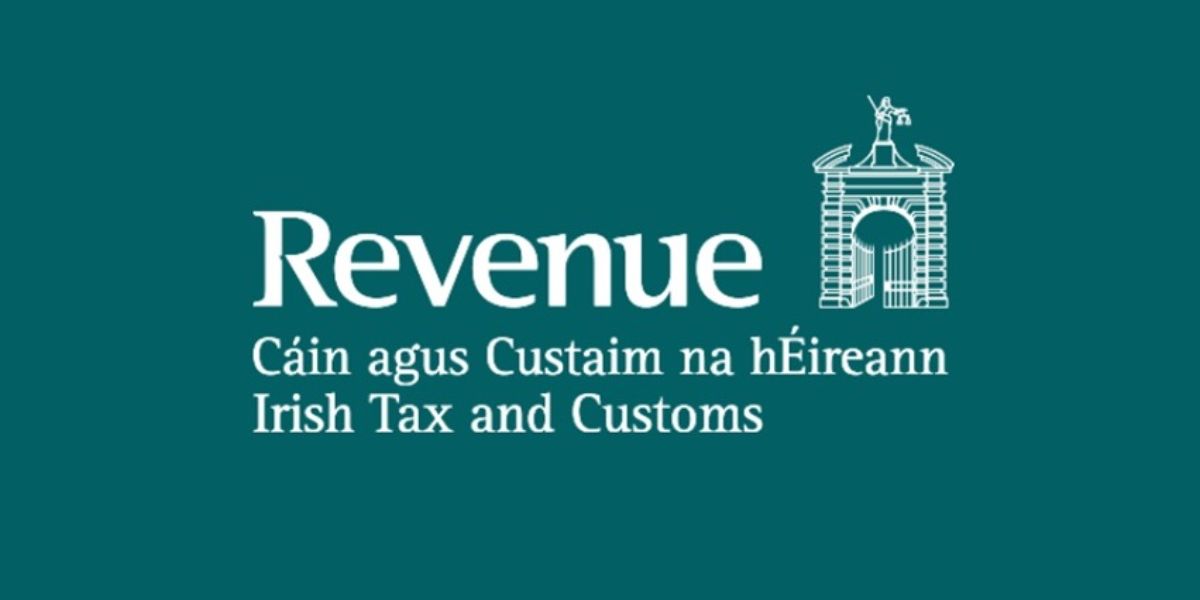On 9 October 2018, the Budget for 2019 was presented to Parliament by the Minister of Finance. The summary of 2019 Budget measures are following:
Corporate Tax
Film Relief
The scheme provides relief in the form of a corporation tax credit related to the cost of production of certain films. The credit is granted at a rate of 32% of qualifying expenditure which is capped at €70 million. The credit was due to expire at the end of 2020 and will now be extended until 2024. A new, short-term, tapered regional uplift commencing at 5% is also being introduced, subject to State aid approval, for productions being made in areas designated under the State aid regional guidelines.
Start Up Relief
Three Year Start-Up Relief provides corporation tax relief for profit making start-up companies which create and maintain jobs. The relief is being extended a further three years, until the end of 2021.
Exit Tax
As part of Ireland’s commitment to implementing the Anti-Tax Avoidance Directive (ATAD), Budget 2019 introduces a new ATAD compliant exit tax regime from Budget night. It will tax unrealized capital gains where companies migrate or transfer assets offshore such that they leave the scope of Irish tax. The rate for the new ATAD compliant exit tax will be set at 12.5%. Early introduction of this measure will provide certainty to businesses currently located in Ireland and considering investing in Ireland in the future.
Transfer pricing review
As signaled in the recent publication of Ireland’s Corporation Tax Roadmap a consultation on updating Ireland’s transfer pricing provisions will be launched in 2019. Any proposed legislative amendments are expected to be brought forward in approximately 12 months’ time.
Controlled Foreign Company (CFC) Rules
The Finance Bill will also provide for the introduction of a Controlled Foreign Company (CFC) regime as required by the ATAD. CFC rules are an anti-abuse measure, designed to prevent the diversion of profits to offshore entities (the CFCs) in low- or no-tax jurisdictions. CFC rules are traditionally a feature of territorial tax regimes. As Ireland has a worldwide tax regime, CFC rules have not previously been a feature of the Irish corporate tax regime.
Capital Acquisitions Tax
The current Group A tax free threshold which applies primarily to gifts and inheritances from parents to their children is being increased from €310,000 to €320,000. This increase applies in respect of gifts or inheritances received on or after the 10th of October. The cost of this change is estimated to be €6.9 million in 2019 (as payments for CAT relate to inheritances from 1 September to 31 August each year). The full year cost, from 2020 onwards, is estimated to be €8.1 million.
Excise Duties
The excise duty on a packet of 20 cigarettes is being increased by 50 cents (including VAT) with a pro-rata increase on the other tobacco products; and there will be an additional 25c on roll your own tobacco. Both measures will take effect from midnight on 9 October 2018.
Minimum Excise Duty
There will be an increase in Minimum Excise Duty on tobacco products so that all cigarettes sold below €11 will have the same excise applied as cigarettes sold at €11. This will also take effect from midnight on 9 October 2018.
Betting Duty
An increase in the betting duty on bets placed by customers in the State will provide the additional yield:
- from 1% to 2% for all bookmakers and
- from 15% to 25% on the commission earned by betting intermediaries
VAT
VAT rate on tourism activities to increase to 13.5%, with the exception of newspapers and sporting facilities. Services and goods currently applying at 9% will increase to 13.5% from 1 January 2019. With economic analysis indicating that there is a decline in competitiveness in the sector, it has been decided to increase these activities to the 13.5% rate. Newspapers and sports facilities, however, will be retained at the 9% VAT rate.
The VAT rate on e-books and electronically supplied newspapers is being reduced from 23% to 9% with effect from 1 January 2019. This follows recent agreement among EU Finance Ministers to allow Member States apply reduced VAT rates on digital publications.
Compliance
Irish Revenue’s updated PAYE system will be fully operational from 1 January 2019. Once implemented, this system is expected to yield additional Exchequer savings arising from increased compliance levels of taxpayers.














